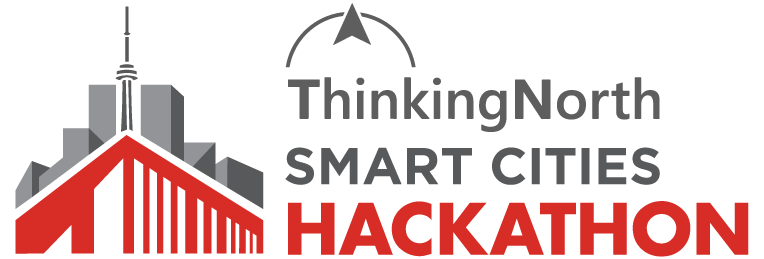First Nations People HealthCare
Description
We have an opportunity for students and alumni who are truly committed to making a positive impact on the world. Our cause is “First Nations People Healthcare” , with a focus on diabetes. To enable our participants to research, analyse and grasp the magnitude of the problem, we have partnered with the Wasauksing First Nations community on Parry Island for our Smart Cites Hackathon. We were fortunate enough to work directly with Wasauksing Director of Public Health, Deb Pegahmagabow, to explore this problem from a first-hand perspective.
Factors that contribute to this problem that you may think about addressing
1. Genetic predisposition: Indigenous populations have a higher prevalence of genetic risk factors for diabetes, which can make them more susceptible to developing the condition.
2. Socioeconomic factors: Indigenous communities often face social and economic disadvantages, such as poverty, limited access to healthcare, and food insecurity. These factors can contribute to a higher prevalence of obesity and other risk factors for diabetes.
3. Cultural factors: Cultural practices and beliefs can influence diet and lifestyle choices, which can impact the development of diabetes. For example, the adoption of a Western-style diet high in sugar and processed foods can increase the risk of developing diabetes.
4. Environmental factors: Environmental factors such as pollution, exposure to toxins, and climate change can also contribute to the development of diabetes.
5. Lack of access to healthcare: Indigenous populations often have limited access to healthcare, including diabetes prevention and management programs, which can result in a lack of awareness and education about diabetes.
6. Language and cultural barriers: Communication and cultural differences between healthcare providers and indigenous patients can create barriers to effective prevention and management of diabetes.
7. Historical trauma: Indigenous peoples have experienced significant historical trauma, including colonization, forced relocation, and cultural suppression. These experiences can contribute to higher rates of stress and trauma, which can increase the risk of developing diabetes.
8. Lack of data and research: Limited data and research on the health of indigenous populations can make it difficult to develop targeted and effective strategies to prevent and manage diabetes in these communities.
Overall, the indigenous diabetes problem is complex and multifaceted, and addressing it requires a comprehensive and culturally appropriate approach that considers all of these factors.
Possible Solutions
Potential solutions that you may want to think about
1. Systematic data collection and reporting to enable analytics that support preventative measures and treatment. By collecting data on diabetes prevalence, incidence, and risk factors, healthcare professionals can develop targeted interventions that address the specific needs of the indigenous population.
2. Processes to support an ongoing and scalable Diabetes Advisory Council. Such a council could bring together healthcare professionals, community members, and other stakeholders to develop and implement strategies for addressing the diabetes problem in the Aboriginal community.
3. Incorporation of AI-backed telehealth to improve patient outcomes by enabling more accessible and efficient care for those with diabetes. This technology can enable remote consultations, monitoring, and treatment, which can be particularly beneficial for those living in remote or underserved areas.
4. Youth-oriented apps that use gamification to encourage better dietary and lifestyle choices. By using engaging and interactive platforms, these apps can help to educate and motivate young people to adopt healthier habits that can reduce their risk of developing diabetes.
5. Data analytics, reporting systems, and health dashboards for use by practitioners and managers to track progress, identify areas for improvement, and ensure that interventions are targeted and effective. By using data to inform decision-making, healthcare professionals can develop evidence-based strategies that can help to reduce the impact of diabetes on the Aboriginal community.
Winners of this challenge will receive a CAD $2500 bonus to their prize pool.
